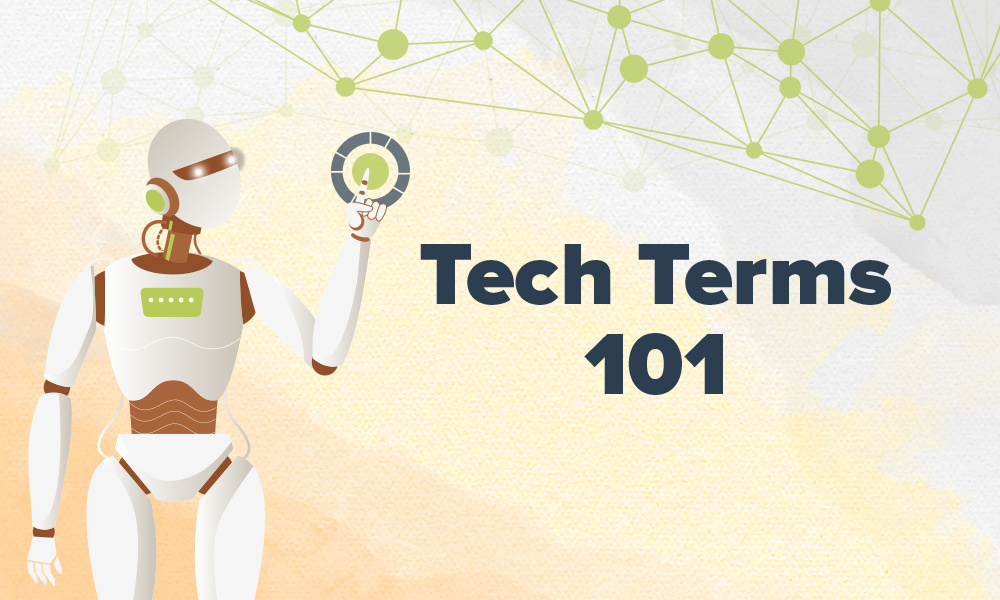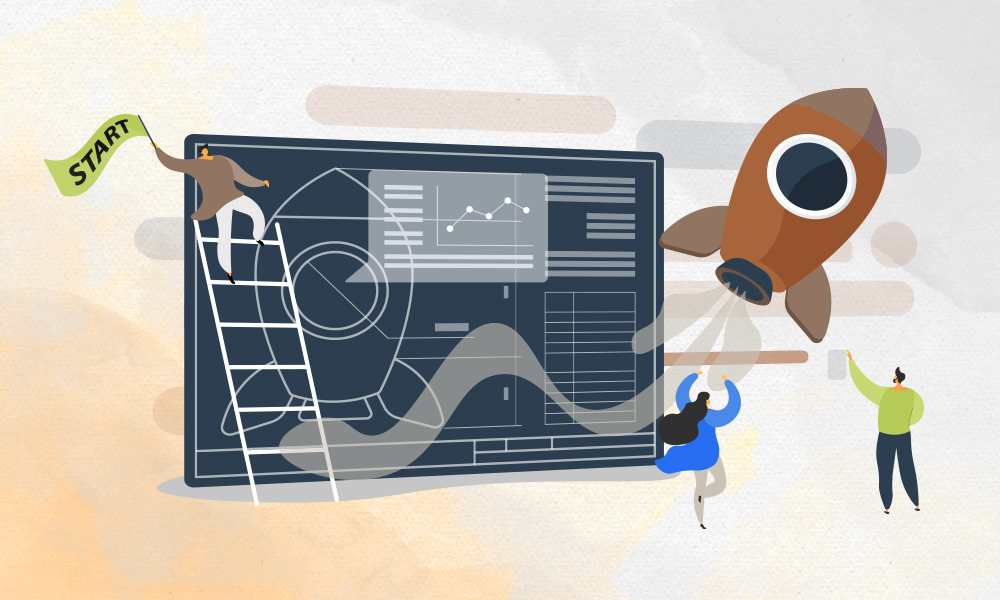Fintech is thriving globally and is estimated to reach $638 billion by 2024 in terms of revenue generation. With technology at its core, it has redefined how financial services can be delivered with a customer-centric approach and enhanced security measures.
The industry has been quickly adopting new technologies (AI, ML, and blockchain, etc.) that are focused on consumer services and financial functions. New technologies help banks and Fintech firms to offer personalized financial services and other solutions including p2p transactions, investment management, payments, and insurance.
Artificial intelligence, as we all know, has proven to be a revolutionary across industries as complexities people used to experience before have been eliminated to a certain extent. With the advent of AI in the finance sector, new tech-oriented services are empowering the masses with easy and cost-effective solutions. Here are five areas where artificial intelligence could help Fintech for good.
1. Faster and reliable credit score
Even today, banks and lending firms have to rely on third-party services in order to generate a credit score for every borrower. Although the scores calculated by such third-parties are based on various suitable factors, there are certain chances of bias, frauds, and mishandling of data. AI is substantially bridging the gap for banks and lending platforms to calculate rule-based credit score leveraging the vast user data available. With AI, businesses can interpret a vast amount of data from various credible sources (such as Facebook and LinkedIn) to evaluate the creditworthiness of the borrower.
2. Fraud detection
AI and ML help to track user behavior to identify rarity and warning signs of fraud attempts. The AI tools collect and evaluate a wide range of data at every stage to identify patterns and detect unusual actions over time. Also, they can adapt and discover new cases to further enhance fraud detection capabilities and reduce the chances of lending frauds.
3. Risk management
Enormous processing power of artificial intelligence allows managing both structured and unstructured data and analyze it in a fraction of seconds, reducing the chances of bad loans. A task that would consume double or triple human efforts, time, and money. AI could accurately predict potential future issues by analyzing the history of risk cases without deploying traditional data science methods.
4. Redefine customer services
Customer support is the most obvious space where AI might replace humans completely. AI and ML could enhance the capabilities of businesses to assist users with personalized solutions and financial services. Moreover, chatbots and AI interfaces could efficiently interact with customers and answer queries in a humanly way. This would certainly cut manual efforts and bring down the operational cost in the customer service segment.
5. Trading and wealth management
AI has exceptionally caught up in personalized wealth management decisions with deep market analysis and near accurate predictions. The AI tools can work closely with the dynamic market and constantly changing demand and supply to analyze data using leading edge algorithms. Such an analysis could help users to restrain and alter their personal finance spending for better saving and fruitful investments.
Conclusion
Identifying the benefits that AI can pour into the world of finance, there are high hopes for enhanced transparency and accurate financial reporting in the future. The financial processes will continue to perfect themselves to offer users with a more robust and personalized experience, which has been missing since ages in the banking industry.
That said, the number of companies exploring AI in the banking and lending sector is not that stirring. The fear of time and money involved in adopting new technologies might be scaring them. With the resources and experience in helping businesses adopt technologies, we can help you develop solutions to fight challenges and implement AI in financial services.




